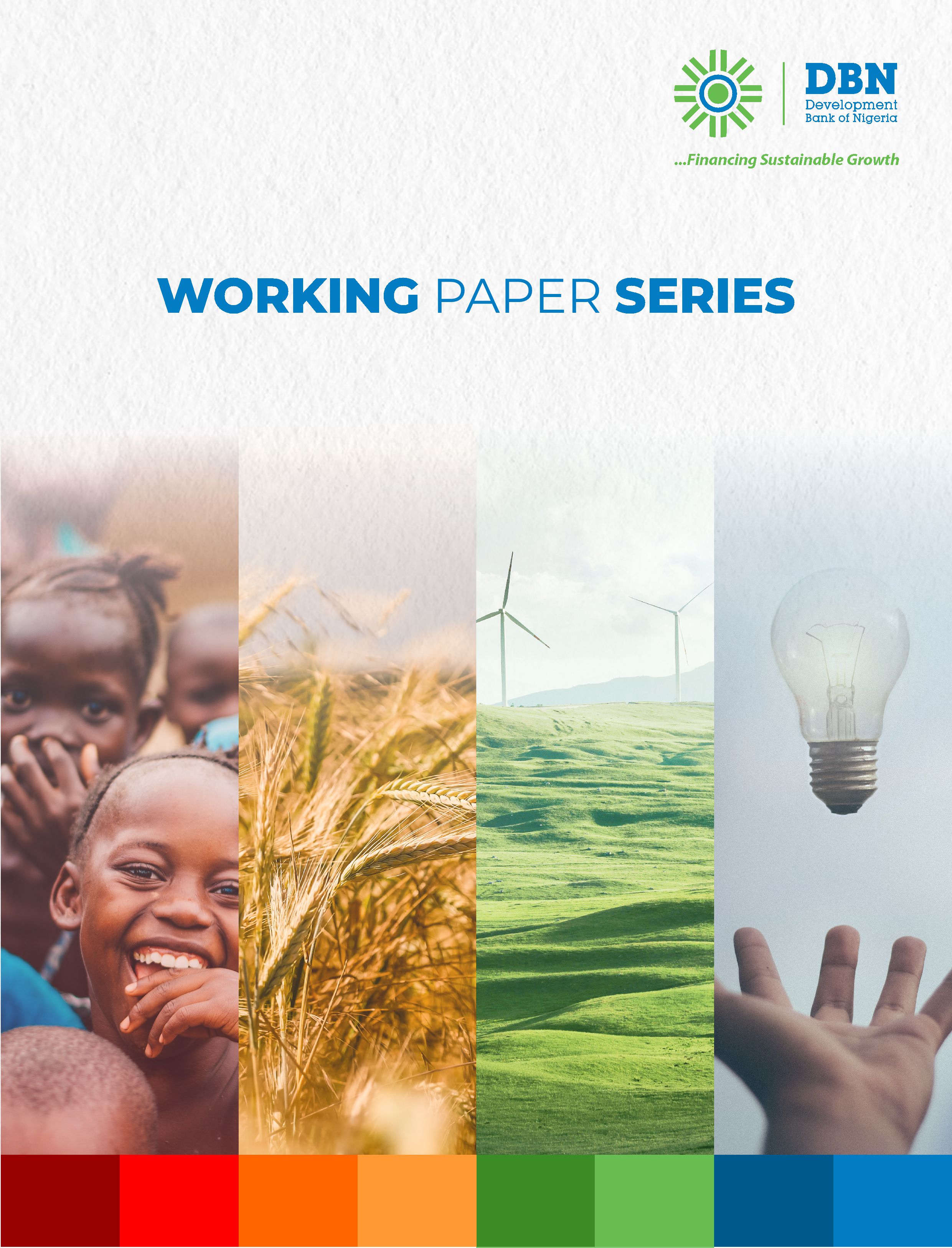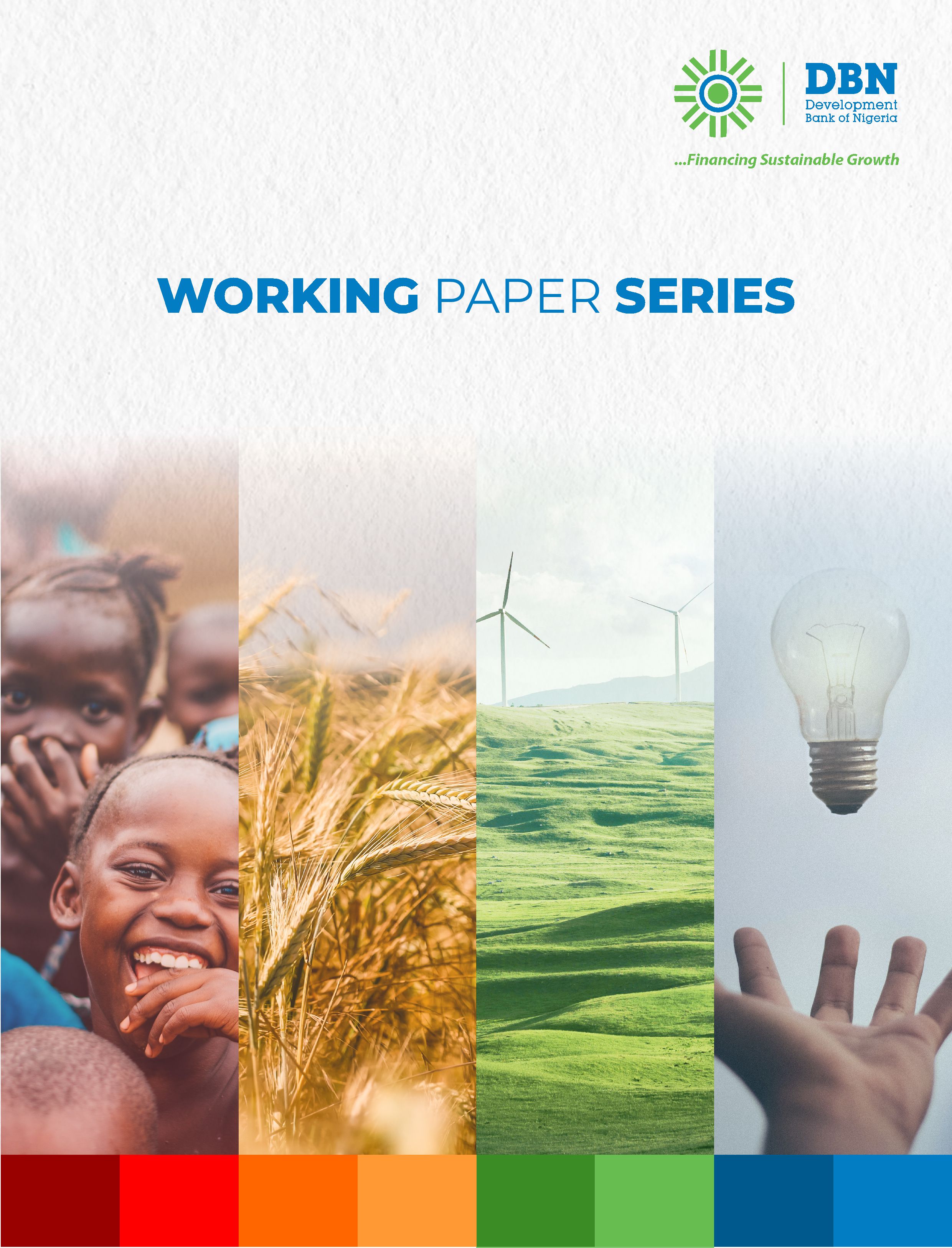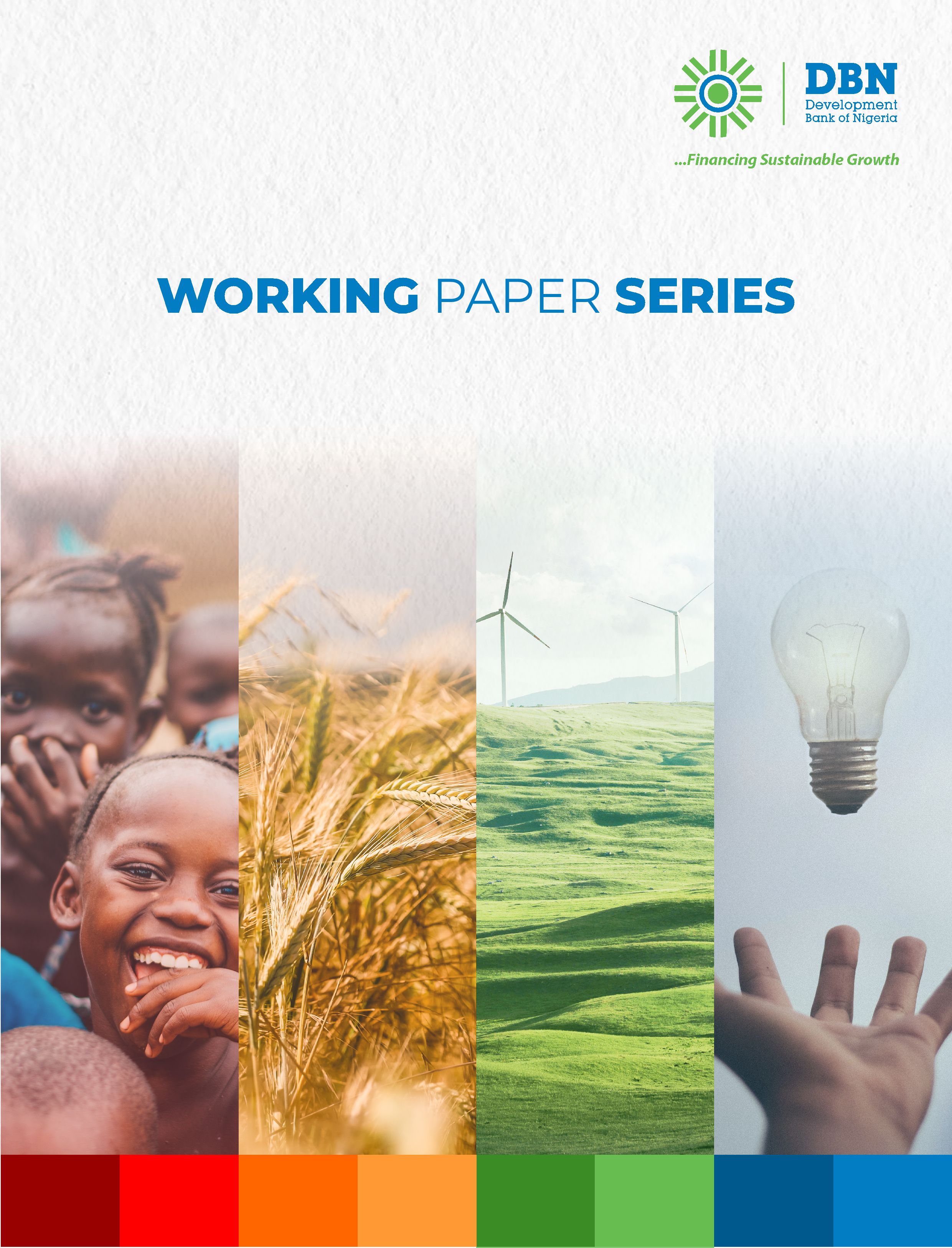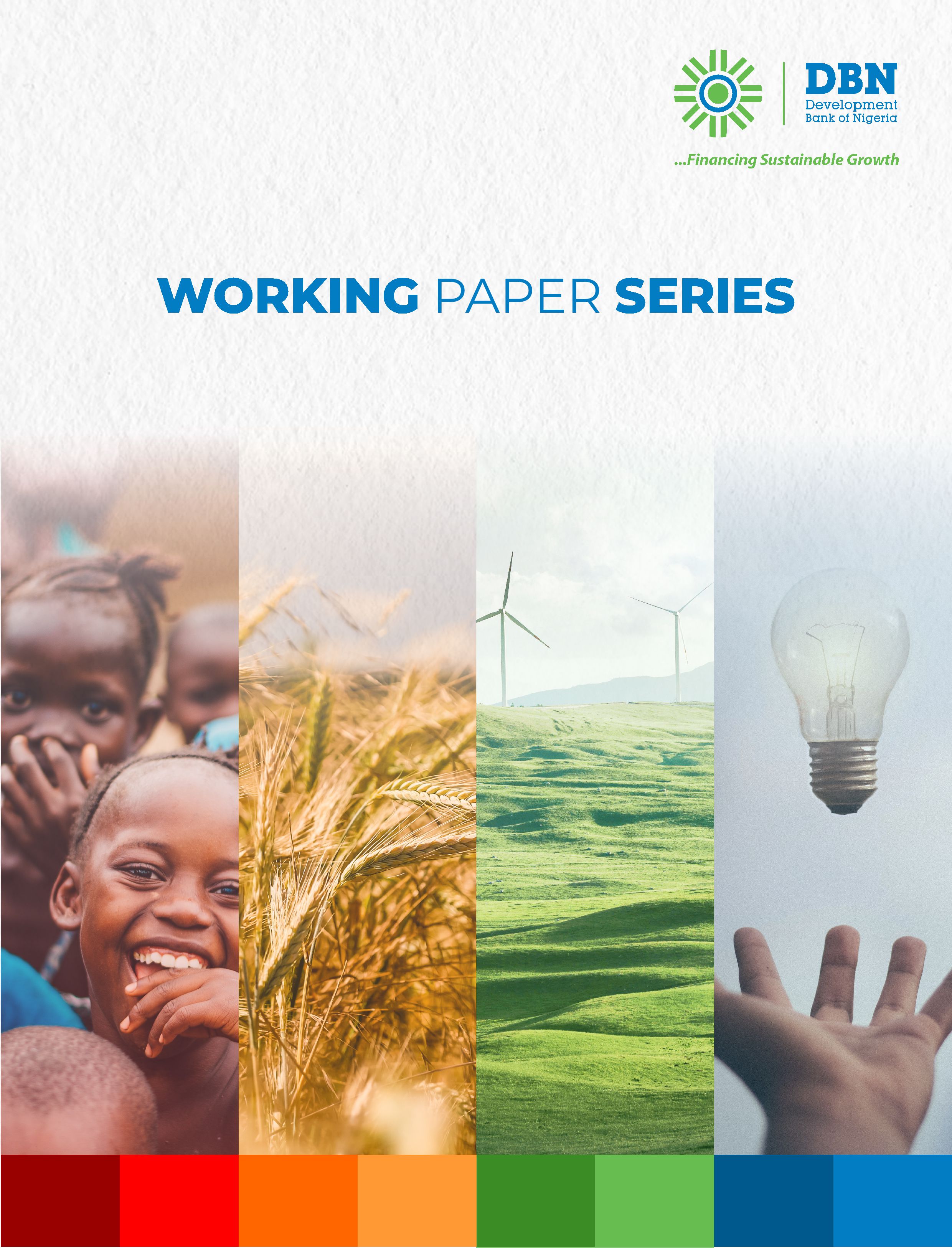
Publication Information
Published by: Admin
Published: 8 months ago
View: 211
Pages: 48
ISBN:
Abstract
The paper assesses the role of environmental policy, technological innovations, digitalisation, and natural resources management across 29 Sub-Sahara Africa (SSA) countries from 1999 to 2022. The findings are contingent on various econometric approaches that account for cross-sectional dependencies, notably: PVAR-GMM, Granger causality and Quantile Regressions. The findings show that stringent environmental policies in resource-rich countries positively influence natural resource management practices. However, in resource-poor countries, the impact of such policies is less significant. Moreover, the results show that technological innovations, particularly in digital infrastructure, can strengthen resource management practices across both resource-rich and resource-poor countries in SSA. In resource-rich nations, fostering the development of digitalisation, marked by increased fixed broadband subscriptions and digital infrastructure, correlates with more effective resource management. Conversely, the impact of digital advancement on resource management practices in resource-poor countries appears to be less pronounced, indicating potential challenges in leveraging digital technologies for resource management in these contexts. These findings underline the importance of sustainable resource management in promoting long-term economic growth, social equity, and environmental sustainability across SSA. Policy implications are discussed.
Simplice A. Asongu Prof
Emmanuel K. Manu
Related Publications

VOLUME 8 ISSUE 1 2025
The impact of public spending on water, sanitation and hygiene (WASH) adoption: Governance thresholds for complementary policies

VOLUME 8 ISSUE 1 2025
Not all that glitters is gold: financial access, microfinance and female unemployment in Sub-Saharan Africa

